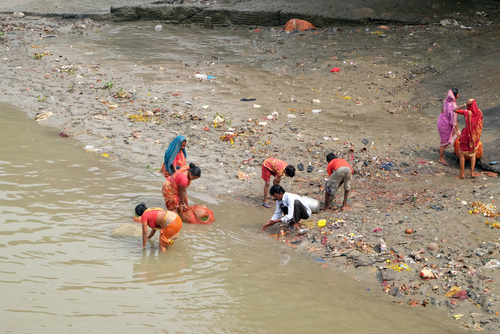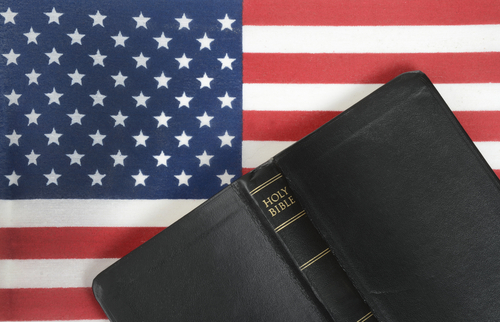The Ganges and Yamuna rivers are considered sacred by the Hindus living in India. They’re also among the most polluted bodies of water you’ll ever see. While some Hindus bathe in the Ganges to achieve a sort of spiritual cleansing, their physical bodies are likely worse off for taking the dip.
Now, an Indian court has issued a strange ruling — granting the rivers human status, with legal representation — to prevent further pollution.
And you thought it was absurd when Republicans treated fetuses as humans…

The ruling comes a week after the Whanganui River in New Zealand became the first in the world to be granted the same legal rights as a person.
The court said in its ruling that Hindus had “deep faith” in the two rivers and they “collectively connect with them”.
“The rivers are central to the existence of half of the Indian population and their health and well being. They have provided both physical and spiritual sustenance to all of us from time immemorial,” it added.
It went on to add that both rivers had become heavily polluted due to industrialisation and rapid urbanisation.
Two top state officials have been appointed as the “legal guardians” of the rivers and will represent their rights.
I don’t blame the judges for the decision only because I’m sure options are limited, but it’s questionable how much will change as a result.
Himanshu Thakkar, an engineer who coordinates the South Asia Network on Dams, Rivers and People, said the practical implications of the decision were not clear.
“There are already 1.5bn litres of untreated sewage entering the river each day, and 500m litres of industrial waste,” he said.
“All of this will become illegal with immediate effect, but you can’t stop the discharge immediately. So how this decision pans out in terms of practical reality is very unclear.”
The law may result in fines for companies that pollute the rivers, but what about the individuals who routinely use the water as a personal garbage can? What about the people who pour their loved one’s ashes in them? How do you fine what so many people believe is holy?
And on a completely different note, what are the church/state implications of granting two rivers human status just because they’re considered holy by a certain group of religious people? Shouldn’t all rivers in India be protected the same way?
(Image via Shutterstock. Thanks to UncommonCents for the link)



It’s Moving Day for the Friendly ..."
It’s Moving Day for the Friendly ..."
It’s Moving Day for the Friendly ..."
It’s Moving Day for the Friendly ..."